Constipation : Not To Be Ignored
Constipation condition is affecting most people worldwide regularly including children’s. This is generally developed due to a sedentary lifestyle, lack of physical activity, microbiome imbalance, pelvic floor disorder and inflammatory food habits. But the good news is constipation can be managed by Integrative lifestyle and nutrition modifications.
What is Constipation Condition
- Constipation is a condition in which you have uncomfortable and less than four bowel movements in a week.
- A person with constipation has hard, dry and sometimes painful stool (Type 1 and 2 from Bristol stool chart).
- A person having a gas, bloating, acid reflux, abdominal pain, loss of appetite can be constipated.
- It is also possible to have bowel movements every day and still be constipated.
- A person having Diarrhea can also be constipated and this condition is called Overflow Diarrhea.
What Causes Constipation Condition
The colon is an organ that absorbs water from the food in the digestive system and creates waste in stool form. The muscles of the colon push the waste to eliminate from the body. Constipation develops when the colon absorbs too much water. As a result, the stool becomes dry, hard, and difficult to pass. Also when the colon is not able to fully evacuate but backing some 10-20% day by day over time.
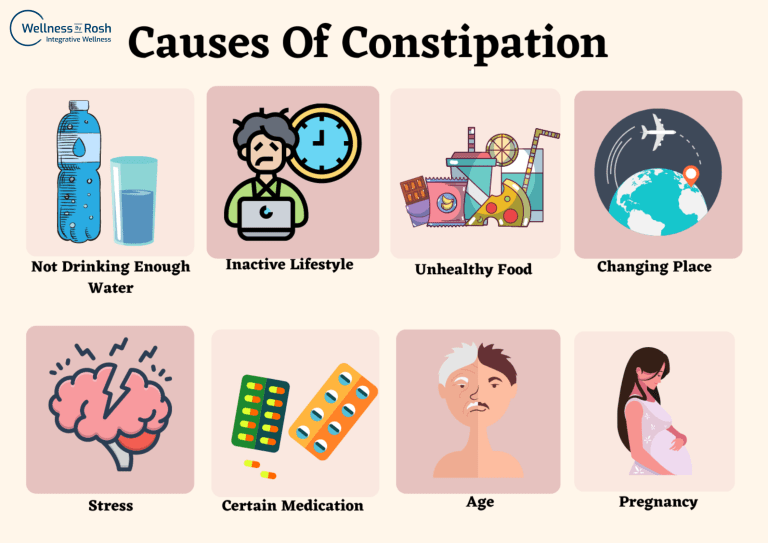
A wide range of factors can cause constipation. they include-
- Poor Hydration
- Stress
- Pregnancy
- Aging
- Slow Metabolism
- Abusing Laxatives
- Sedentary lifestyle
- Lack of Physical Activity
- Inadequate amount of Fiber In Diet
- Some of supplementation such as Calcium, Iron
- Travel or Change of Routine as that shifts microbiome
- Unhealthy Food Consumption
- Dairy Product
- Frequently Ignoring Urge To Defecate
Some medical conditions may also cause constipation
- Irritable Bowel Syndrome
- Insulin Resistance
- Diabetes
- Hypothyroidism
- Parkinson’s Disease
- Uremia
- Multiple Sclerosis
- Hypercalcemia
- Pelvic Floor dysmenorrhea
- Methanegonic SIBO
Some Signs and Symptoms That You May Have Constipation
- Less than three bowel movements in a week
- Hard, Lumpy, and Dry Stool (Bristol stool chart Type 1 and Type 2)
- Abdominal Pain and Discomfort
- Acid Reflux, Feeling Bloated
- Nausea
- Blood In Stool
- Loss of Appetite
- Diarrhea
- Fever
- Dizziness
Consequences and Complications Of Constipation Condition
Although constipation is prevalent, however, if neglected, it may lead to other complications-
- Anorexia, Nausea
- Fecal Impaction
- Pelvic Floor Damage in women
- Anal Fissure,
- Acute or Chronic Hemorrhoidal Disease
- Bowel Obstruction
- Urinary retention
- Hypotonic Laxative Colon
Integrated Approach To Managing Constipation Naturally
You can manage constipation through proper diet, nutrition, and lifestyle changes. But, it is always advisable to first check with your healthcare expert before following any diet plan or any significant lifestyle change.
Here are some home remedies that can be helpful.
1. Keep Yourself Hydrated
Drinking at least eight glasses of water in a day helps a lot. During the digestion process, our intestine absorbs water from ingested food.
If you are dehydrated body uses water from the intestine. As a result, the stool becomes hard, dry, and difficult to pass.
2. Include Fiber In Your Diet
Consuming a fiber-rich diet (soluble fiber) may relieve constipation. Soluble fiber dissolves in water, and with water, it makes a gel-like formation. In the same vein, fiber helps soften the stool in the digestive tract, so it passes through easily.
Adding more fiber such as vegetables, beans, fruits, and grains to your diet will help you to meet the daily recommended fiber intake.
3. Not Always Fiber Helps In Constipation Condition
However, eating soluble fiber is good, but not every time; you should gradually include fiber in your diet.
On the other hand, It has been seen that sometimes fiber (mainly insoluble fiber, for example, cereals and whole grains) may cause gas, bloating, and distention.
A trained dietician or experienced nutritionist can provide individual advice on fiber intake.
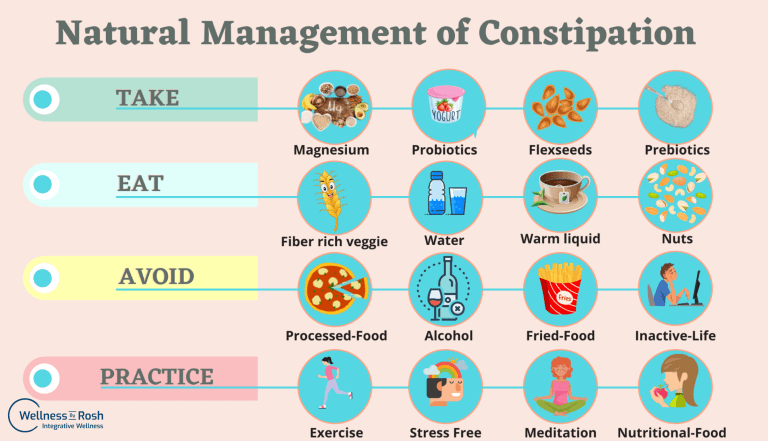
By Managing Pelvic Floor Dyssynergia
- It has been seen that treating, pelvic floor dyssynergia, through different techniques, for instance: Biofeedback technique, physical therapy, relaxation technique, provides relief from constipation.
- Biofeedback technique is quite useful, as in this technique, the physical therapist help to determine and retain the muscle through stretching that improves bowel movement.
5. Migrating Motor Complex (MMC)
- The cyclic muscle contraction in the stomach and small intestine, is called migrating motor complex (MMC).
- As the name suggests, the food gets migrated downwards in the digestive system via MMC.
- MMC is a cyclic pattern contraction that happens during fasting, sleeping, or long gap between the meals.
- If this motility gets disrupted, however, it affects abdomen health in many ways, constipation is one of them.
- Therefore, it is crucial to promote MMC through the meal spacing, overnight fasting, and stress management.
6. Naturally Treating Constipation SIBO
- Small intestine bacterial overgrowth (SIBO) is a condition, where gut bacteria start growing abnormally in the small intestine.
- Constipation is one of the symptoms of SIBO.
- Eating balance diet, frequent small meals, gluten free food and natural probiotics (L. Gasseri, L. Reuteri and B. Coagulans) can help to eradicate SIBO
7. Acupressure
- Acupressure is a traditional old way in which specific finger pressure is applied to a specific point of the body.
- For instance, perineal self-acupressure help increase bowel movement.
- Likewise, walking barefoot on grass also presses many pressure points and help in overall health including constipation.
8. Make A Routine And Stick To It
- Setting a routine in day to day life is the most important thing for physical health. Fix a time range to sleep, wake up, eat and using washroom help to regulate your body’s biological clock.
- A fix routine improves a bowel movement and relieves constipation.
9. Don’t Frequently Ignore The Urge To Have Bowel Movement
- If you make a habit of ignoring the urge to have a bowel movement, consequently lead to constipation in the long run.
- If stool is resting in your colon, it will dry out therefore would be difficult to pass.
- So, try not to ignore the urge of bowel movement.
10. Physical Activity
- Regular physical activity like yoga asana, walk or swimming certainly helps in many ways.
- Practicing some asana are very beneficial for a good bowel movement. for example: half spinal twist, supine spinal twist, cobra poses, wind-relieving pose, bow pose, crescent twist, child’s pose, standard forward bend, seated twist, etc.
- For instance, exercise promotes intestinal muscle contraction and speeding the bowel movement.
11. Mindful Eating
- Mindful eating is an approach to experience the food with awareness, without any judgment.
- It is, primarily, to inculcate an eating habit to connect with your food, to focus on the eating process and identify the emotions during meals.
- Practice eating food in distraction free zone, in silence.
- Concentrate on your food, feel the smell, flavor, chewing sound and texture of the food.
- Appreciate the food.
12. Essential Oil
- Essential Oil, can also used in constipation.
- Essential oils improve muscle contractions and improve digestive system health.
- Blend of edible and organic essential oils, like peppermint, ginger and fennel oil (1-2 drops each) mixed with a spoonful honey and having this just before the meal also helps in constipation condition.
Supplements For Constipation
Probiotics
- Probiotics are vital for the gut microbiome, as probiotics, add a volume of beneficial bacteria in the colon.
- Bacteria present in probiotics such as Lactobacillus reuteri, Lactobacillus acidophilus and Bifidobacterium bifidum, improve bowel movement. (Atleast 50 billions CFU’s and minimum 12 strains of Lactobacillus and Bifidobacterium)
- So, adding natural probiotics or supplement may relieve the constipation condition.
Psyllium Husk
Psyllium husk is a type of soluble fiber and is a laxative that relieves constipation. It helps in the binding of partially digested food in the stomach and increases the moisture content in the waste. As a result, the stool becomes bigger and easier to pass through.
Triphala
- Since the ancient age, Triphala has been used as a natural laxative.
- Triphala is a polyherbal Ayurvedic medicine, it is a mixture of three Indian native dried fruits: Amla (Emblica officinalis), Bibhitaki (Terminalia bellirica) and Haritaki (Terminalia chebula).
- Triphala helps in improving bowel movement and reduce constipation.
- It is good for intestinal health as it lowers the intestinal inflammation.
Magnesium Citrate
- Magnesium citrate is a gentle osmotic laxative.
- It eases the bowel and squeeze water from your gut to soften the stool and make it smooth and easier to pass.
- Magnesium citrate is considered as a safe supplement for most of the people, but it is suggested that any supplement should not be taken without an experienced physician’s prescription.
How Will You Describe Your Poop Through Bristol Stool Chart
- Bristol Scale is an indicator of how you describe your poop to the doctor without carrying the sample.
- It’s an easy way to describe and understand the health condition through the color, size, and shape of the poop.
Constipation Outlook
The most form of constipation can subside through lifestyle changes. Kindly consult your medical practitioners before consuming any supplements and dietary changes.

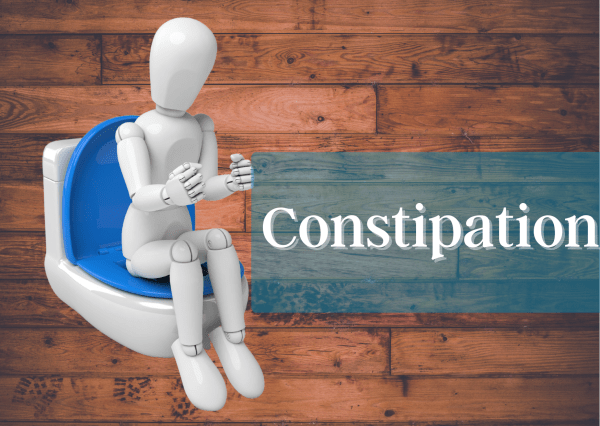
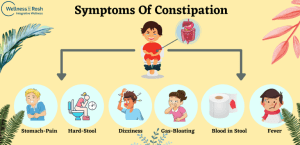
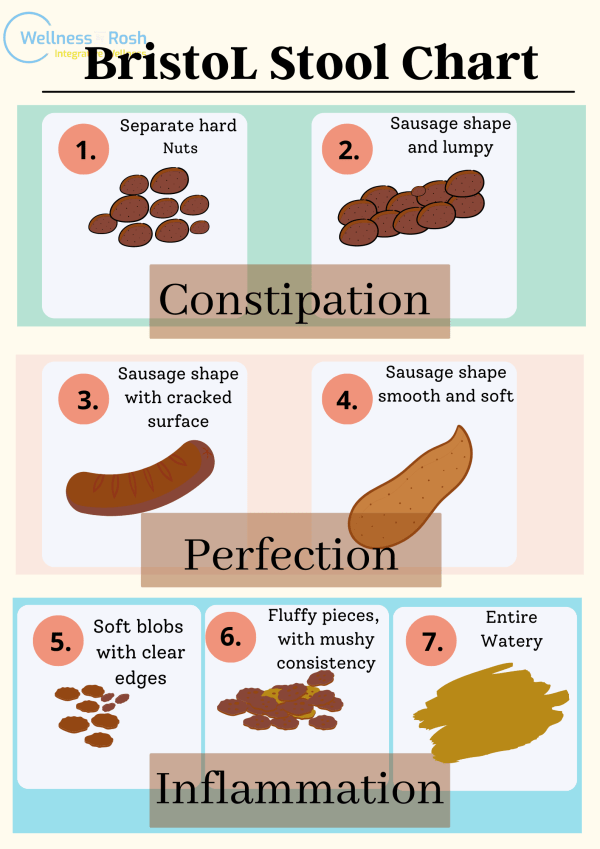




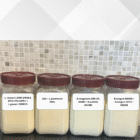



Do I have Small Intestinal Bacterial Overgrowth (SIBO)? - Wellness By Rosh
22-Sep-21[…] Constipation […]
Hypothyroidism: Causes and Consequences - Wellness By Rosh | Integrative Wellness
7-Jan-22[…] Constipation […]
Celiac Disease: Chronic Digestive Disorder - Wellness By Rosh | Integrative Wellness
1-Feb-22[…] Constipation […]
Are You Drinking Enough Water? - Wellness By Rosh | Integrative Wellness
25-Mar-22[…] Drinking an adequate amount of water on a daily basis will improve bowel movement. It also helps to balance pH levels in the body and prevent constipation. […]
How to manage Irritable Bowel Syndrome (IBS) naturally? - Wellness By Rosh | Integrative Wellness
23-Apr-22[…] (Constipation dominant IBS) is a condition raised by chronic constipation with abdominal pain. Approximately […]